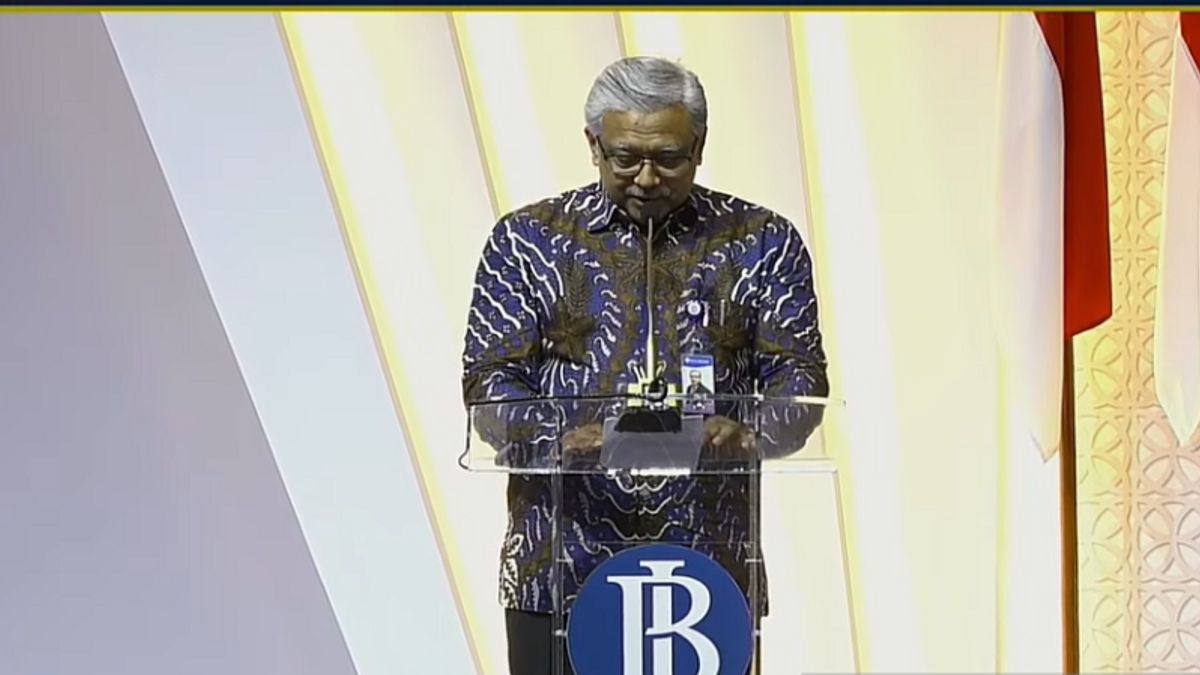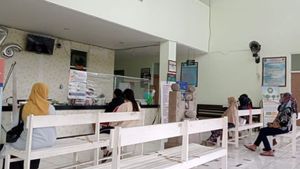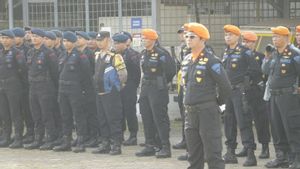JAKARTA - Head of the Sharia Department of Economics and Finance of Bank Indonesia (BI) Arief Hartawan hopes that halal certification, especially in slaughterhouses and poultry, can be accelerated, as a strategy to strengthen the national halal industry ecosystem.
"Based on research conducted by the Bogor Agricultural University (IPB) and the National Sharia Economics and Finance Committee (KNEKS), 85 percent of slaughterhouses and poultry in Indonesia do not yet have halal certification," Arief said at the 4th International Dialogue 2022 which was monitored online in Jakarta, Friday.
With his strategy to strengthen the national halal industry ecosystem, he assessed that Indonesia's achievement as the world's largest halal producer could soon be realized.
In addition to accelerating halal certification, there are other strategies to strengthen the national halal industry ecosystem, namely formulating a halal industry business model, developing halal tracing in the production process, and inter-institutional cooperation in accordance with their respective roles in halal certification.
Indonesia has great potential to become the largest producer of halal products in the world, which is reflected in the potential market for halal products in the country which is expected to strengthen the national halal industry.
Thus, Indonesia is not only a consumer in the global halal industry but also as a producer.
As an effort to realize this, BI and the government are committed to establishing an integrated ecosystem to strengthen Indonesia's role as a global halal product business actor, one of which is through the acceleration of halal certification.
According to Arief, the concept of halal is not only limited to food but also applies to daily life.
Halal is a lifestyle aimed at health, safety, and human welfare, so it is very relevant to all parties, both Muslims and non-Muslims.
"This includes several products that are often used in daily life such as food, beverages, medicine, cosmetics, biological products, and chemical products that can obtain halal certification if the production process is in accordance with the procedures for processing halal products," he said.
Therefore, he continued, in building halal certification, a halal ecosystem is needed.
The government and relevant stakeholders need to ensure that the halal supply chain is available from upstream to downstream.
This requires synergy and collaboration from various parties, both the government and business actors, to realize Indonesia as the largest halal producer in the world so that it can make a greater contribution to the national economy.
The English, Chinese, Japanese, Arabic, and French versions are automatically generated by the AI. So there may still be inaccuracies in translating, please always see Indonesian as our main language. (system supported by DigitalSiber.id)










